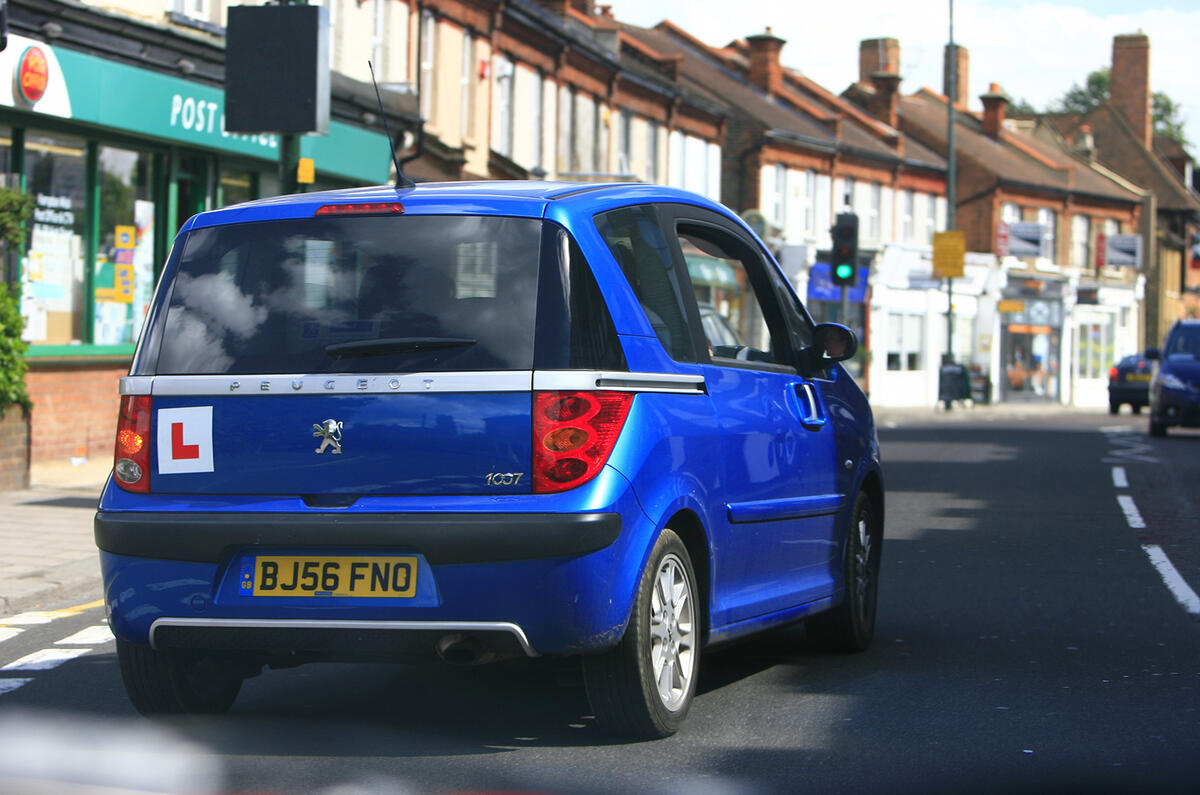During an interview with Adrian Hallmark at the Frankfurt motor show last week, I asked Jaguar’s brand director whether he was concerned by reports that young people appeared to be less interested in cars, chiefly because they couldn’t afford to buy or run them.
In the main, Jaguar’s current product range appeals to buyers in the more mature categories. The average age of the Jaguar XJ buyer is about 58, says Hallmark, and the Jaguar XF’s buyers average out at around 54. There’s a fairly straightforward explanation: Jaguar makes premium vehicles that are, by and large, not affordable to lower age groups.
However, with the manufacturer planning to introduce a range of products that should appeal to younger buyers, such as the forthcoming sports saloon and proposed SUV, I was interested to know whether he was worried about where the Jaguar owners of tomorrow would come from.
In light of the informed debate sparked by Jay Nagley’s article on the subject, it seems relevant to share his response.
“I worry a little bit about the industry talking itself down,” Hallmark said. “I’m more inspired today about the future of our industry than I have been for the past 20 years.
“We’ve visited universities and listened to the concerns that young people have about the planet. With the efforts that are going into battery vehicles, hybrids and other alternative forms of energy, as well as development of the internal combustion engine, I think in the next 10 years there will be far more innovation delivered than in the previous 30 years combined.
“That excites people. They may worry about how they can afford a car or the cost of running one, and think because they live in the city it is easier to use a taxi or electric bike, for example. But come the day when they have kids and everything that comes with that, they will still want a car to be safe and go on holiday.
“It may mean that the whole process of owning a car looks and feels different, but I think the notion that people don’t want to be mobile is rubbish and that people don’t like cars is wrong.
“Patterns are changing and we have to change to meet them. The industry, because it is still stuck on its traditional pattern of production lines and combustion engines, is slow to adapt. A car takes five years to develop and a factory takes 30 years to pay back. You can’t just close them and build something else tomorrow. You have got to evolve this system.
“Are young people disinterested in cars? There’s less mechanical interest – Meccano sells a lot less than iPads – but our desire to be active and mobile and experience things will continue and there’s a role for the car yet.”




Join the debate
Add your comment
Self driving
In 10 to 15 years there will be cars that drive themselves, it has already been invented and tested by Google. When that happens virtually no new drivers will take the test as insurance savings alone will outweigh the desire to drive for new drivers. It will also knacker the luxury car market as space is luxury and a well appointed van will be the best car. Car makers will resist this tech massively as will Autocar as they know it will be the death of them. Sorry to paint a bleak future for some but for many, young old and disabled it will be liberation.
Would love a Jag. But having
Would love a Jag.
But having turned 30, I can't afford a new Jag.
The car markets are geared towards buyers - typically those who are cashing in a pension nest egg. Hence the popularity of the Nissan Qashcow (which seem to be my natural enemy on the roads - like Mr Bean and the Reliants...)
Cost is the problem
As has already been said many times, if the car industry wants younger people to buy its products then it needs to make them a damn sight more affordable. Fuel, insurance, finance deals etc all add up very quickly, and as someone quite rightly pointed out in the comments to the original article a smartphone contract is very attractive in comparison as an aspirational item. I learned to drive and got a car because where I live it's a necessity (unless you have the luxury of time to wait for the irregular bus services or the hourly trains), but for the majority living in cities it's not as important and so I can see why it would be lower down the list of priorities. Lowering the barriers to entering the car market is the real nettle to grasp, and if that means making cars simpler so they're more affordable then so be it.